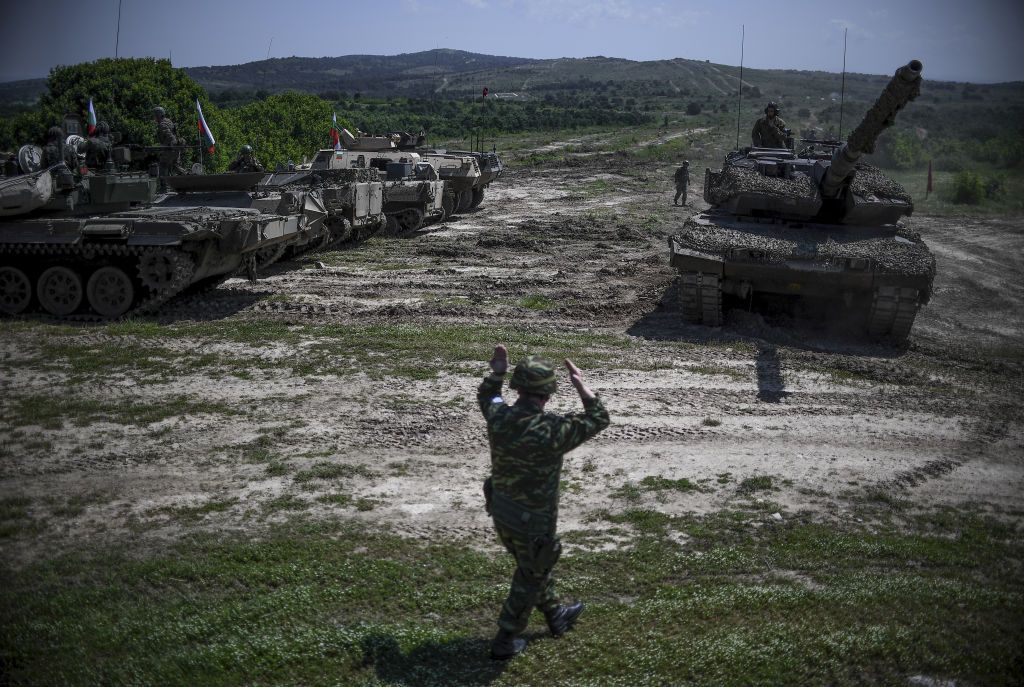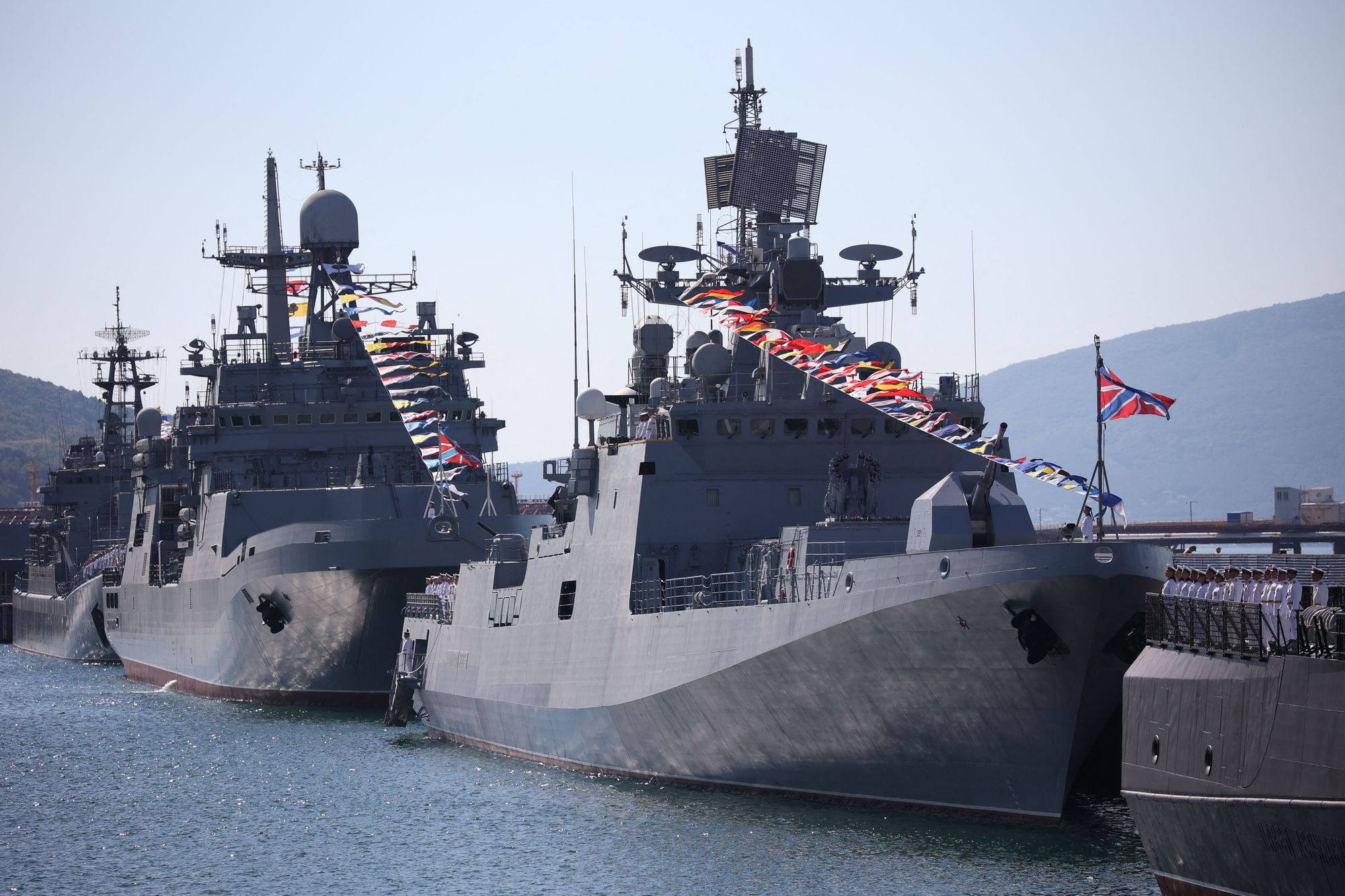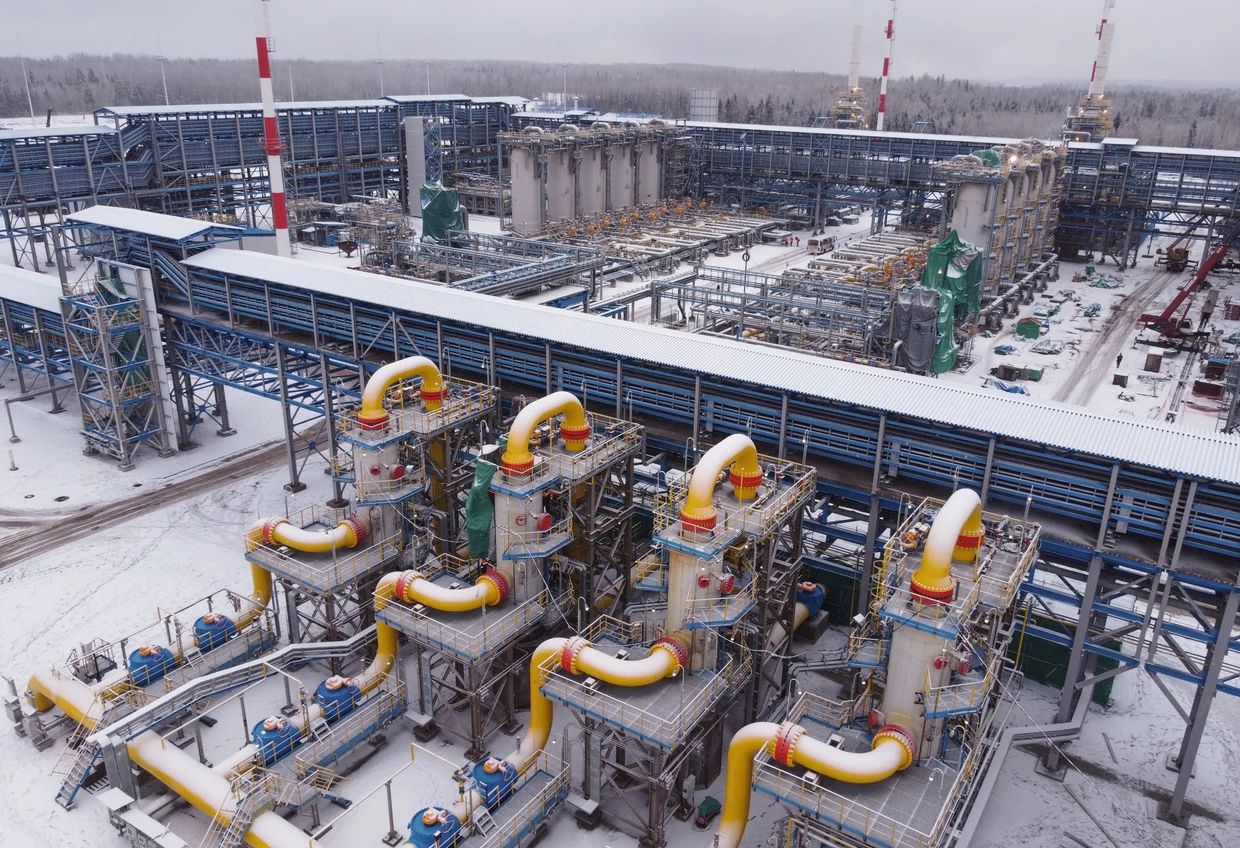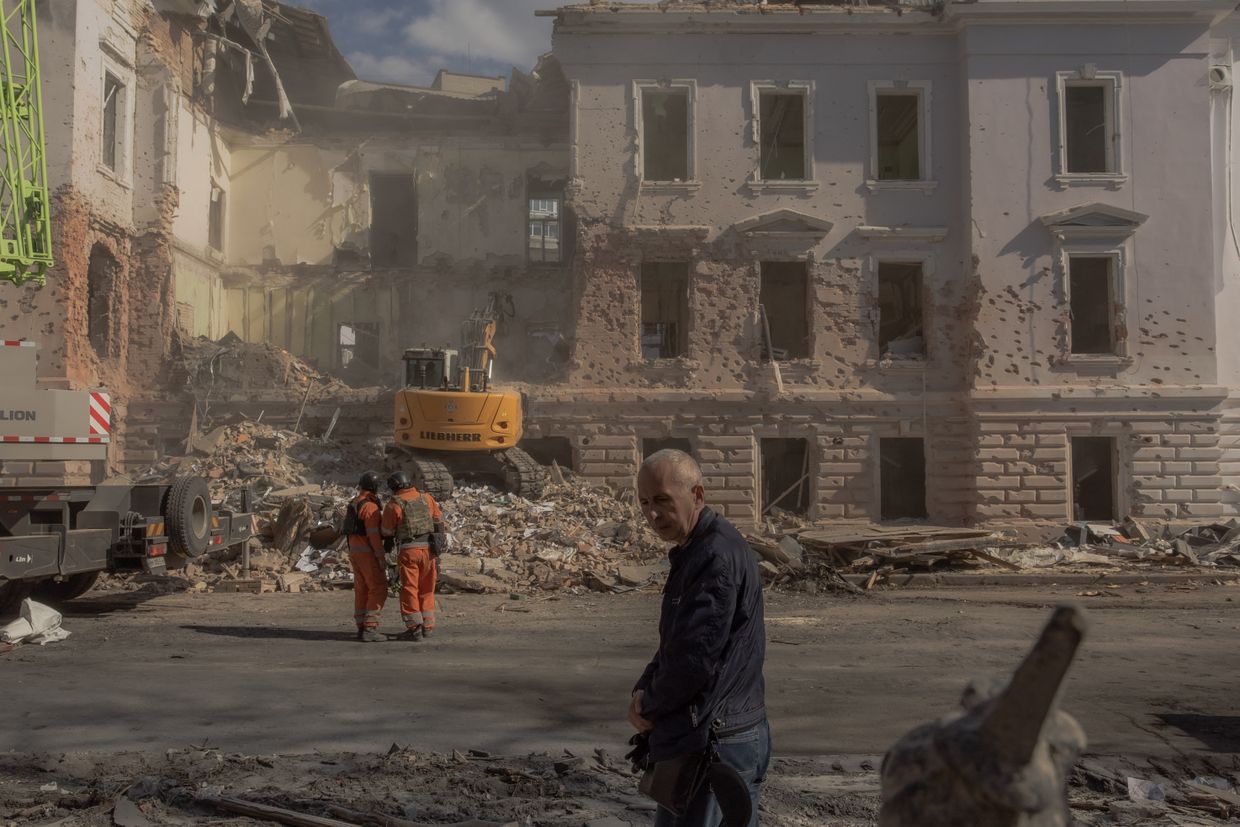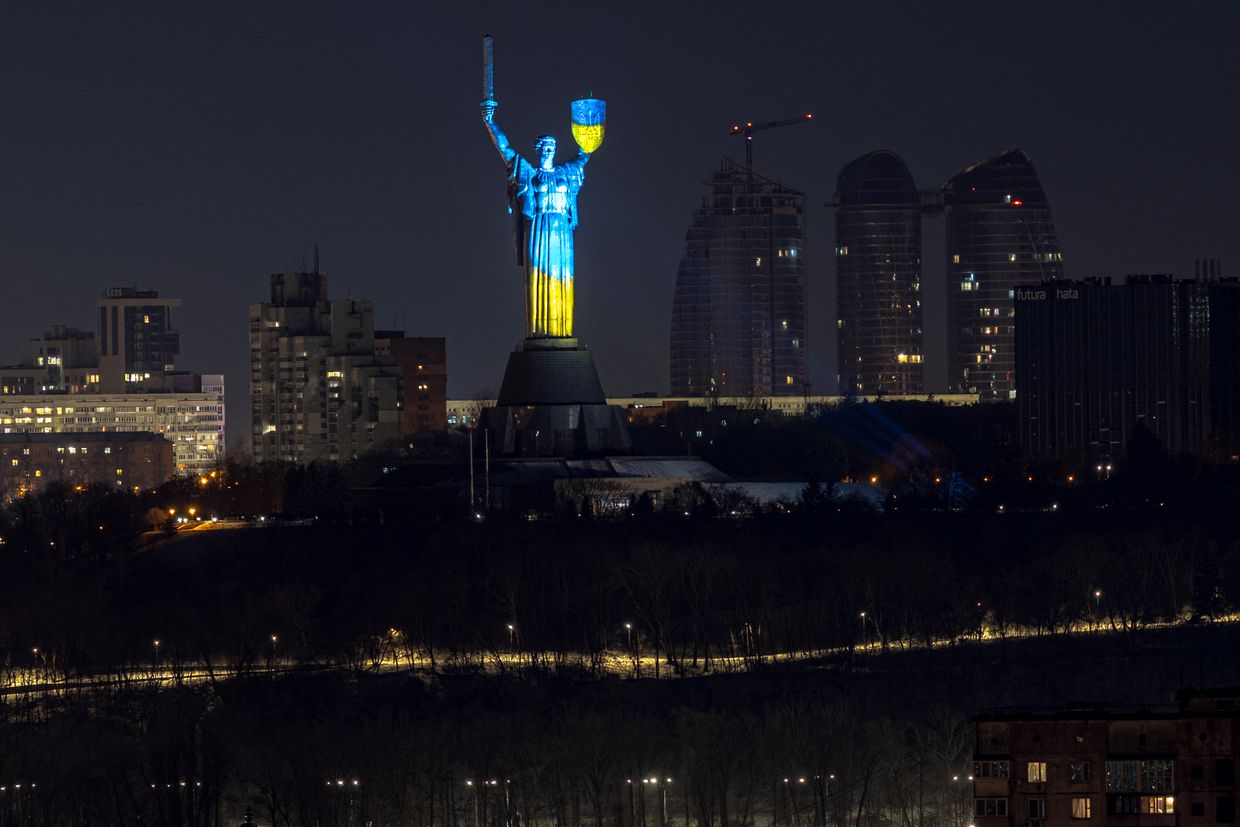The Bulgarian parliament does not have enough votes to support the signing of Bulgaria's bilateral security treaty with Ukraine due to a shift in stance from the strongest party, Euractiv reported on Dec. 20.
Former Prime Minister Boyko Borissov, head of the conservative-populist Citizens for European Development of Bulgaria (GERB) party, suggested that the treaty is no longer beneficial amid expectations of peace talks.
Debates about a potential ceasefire deal are coming into focus as U.S. President-elect Donald Trump pledged to push Kyiv and Moscow to the negotiating table while Ukrainian officials signaled openness to a diplomatic resolution.
Dimitar Glavchev, the prime minister of Bulgaria's caretaker government, was expected to sign the deal with President Volodymyr Zelensky in Brussels on Dec. 19. Glavchev unexpectedly backed out of signing the document, saying he needed to seek approval of the parliament first.
Kyiv has already penned 25 bilateral security agreements with international partners based on a pledge made by the G7 last July. Bulgaria is one of the few EU countries that are yet to sign such a deal with Ukraine, alongside Hungary, Austria, Slovakia, Malta, and Cyprus.
"Six months ago, we would have categorically supported such an agreement," said Borissov, whose party has supported Ukraine but now joined pro-Russian parties in opposition to the deal.
Borissov pointed not only to the ongoing discussions about peace in the international arena but also to internal political reasons, saying that such a deal should be signed by an elected government rather than the caretaker cabinet.
Glavchev conceded on Dec. 19 that he would not be signing the document amid the parliamentary opposition and would leave the step to the elected cabinet, the Sofia Globe reported. Borissov did not rule out supporting a bilateral security agreement signed by the next government if "mutually beneficial" to Sofia and Kyiv.
The Glavchev cabinet will serve until a new government is appointed following the October elections, in which Borissov's GERB won 25.52% of the vote, the strongest result.
Bulgaria has provided Ukraine with a variety of aid since the beginning of the full-scale invasion, but the matter has been contentious due to significant pro-Russian sentiment in the country and opposition from President Rumen Radev.
